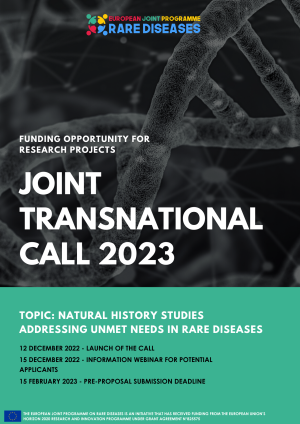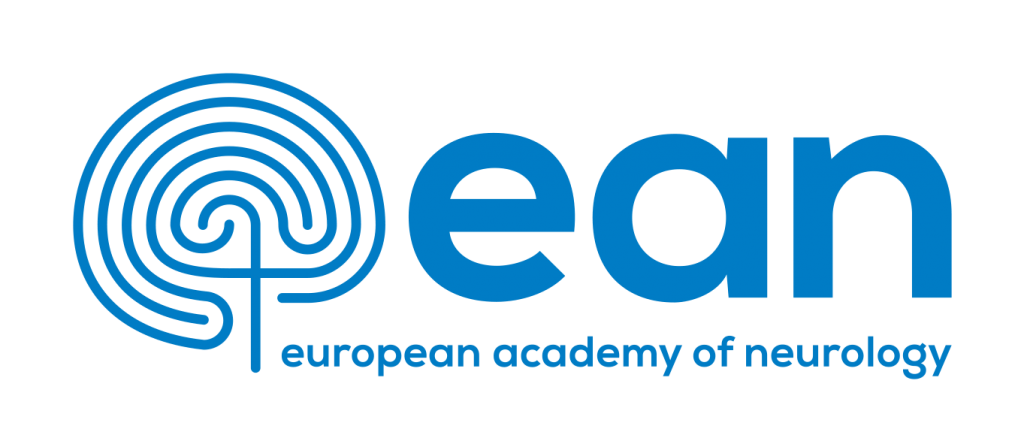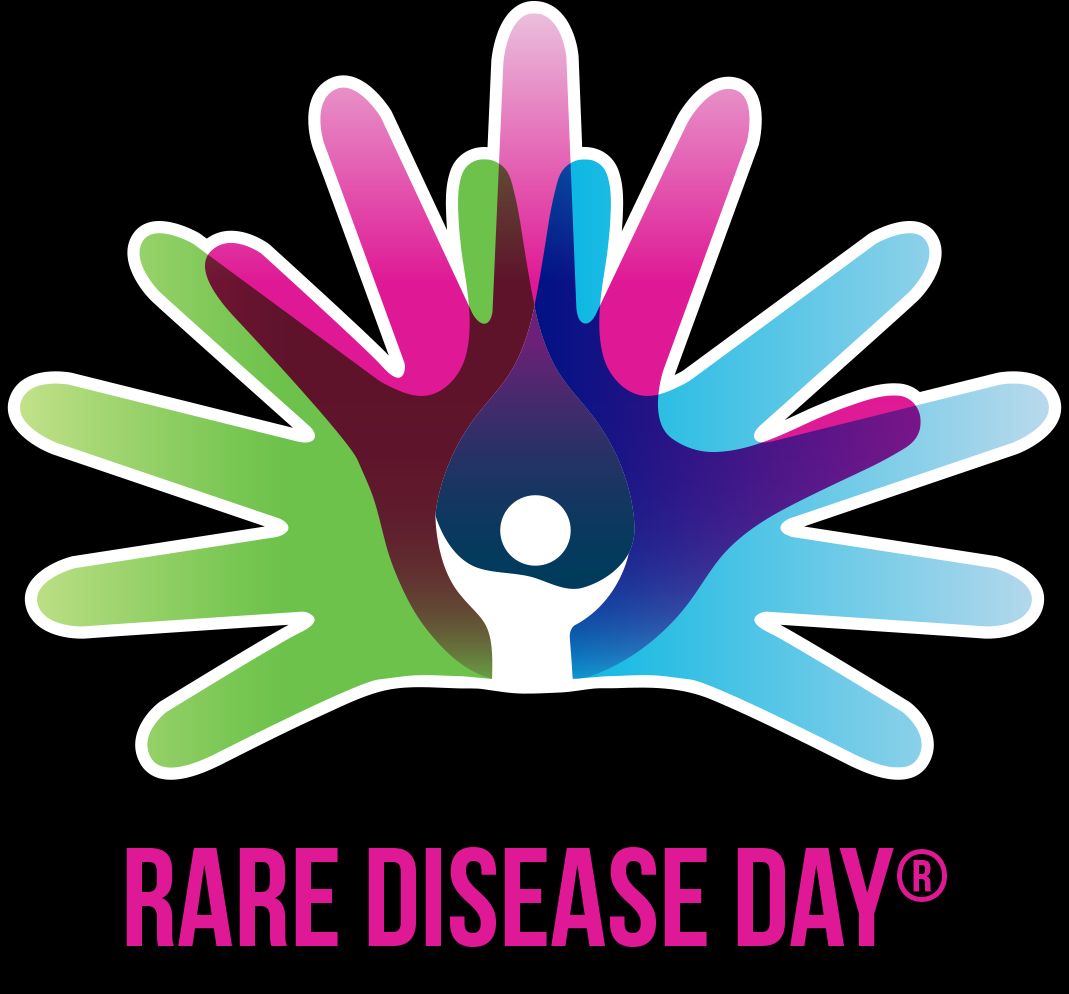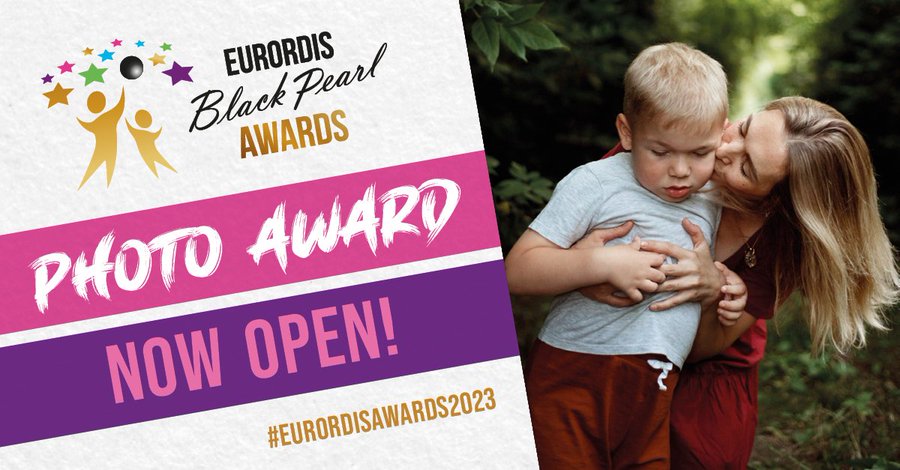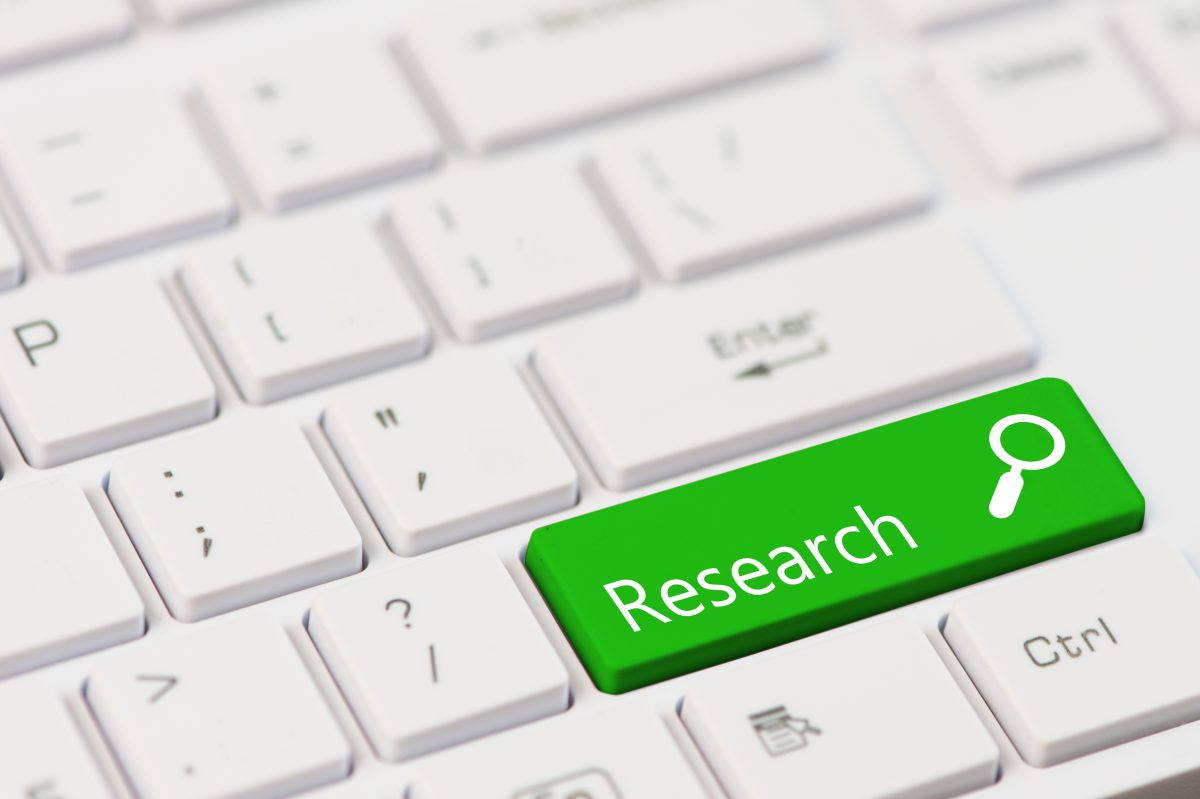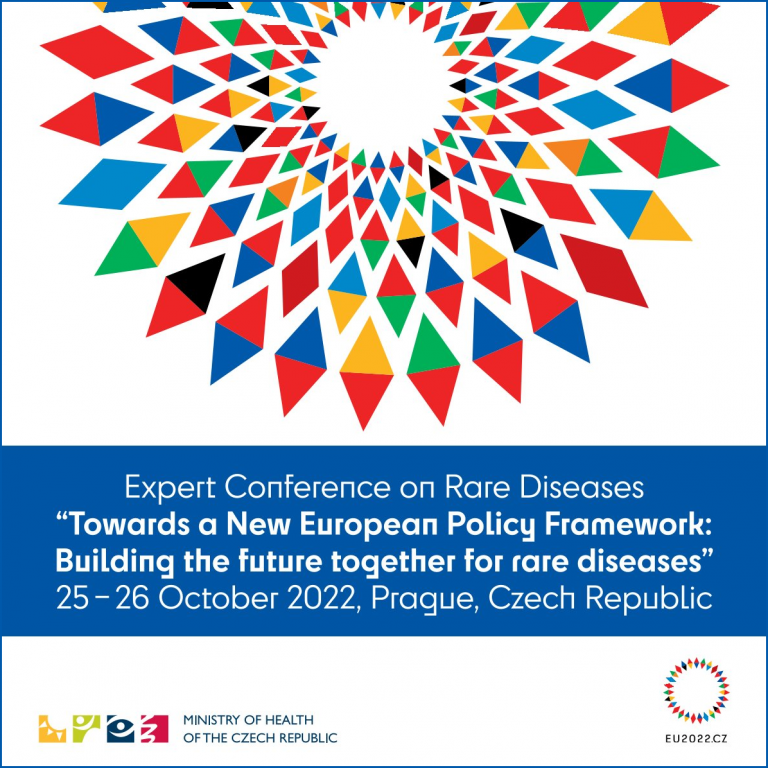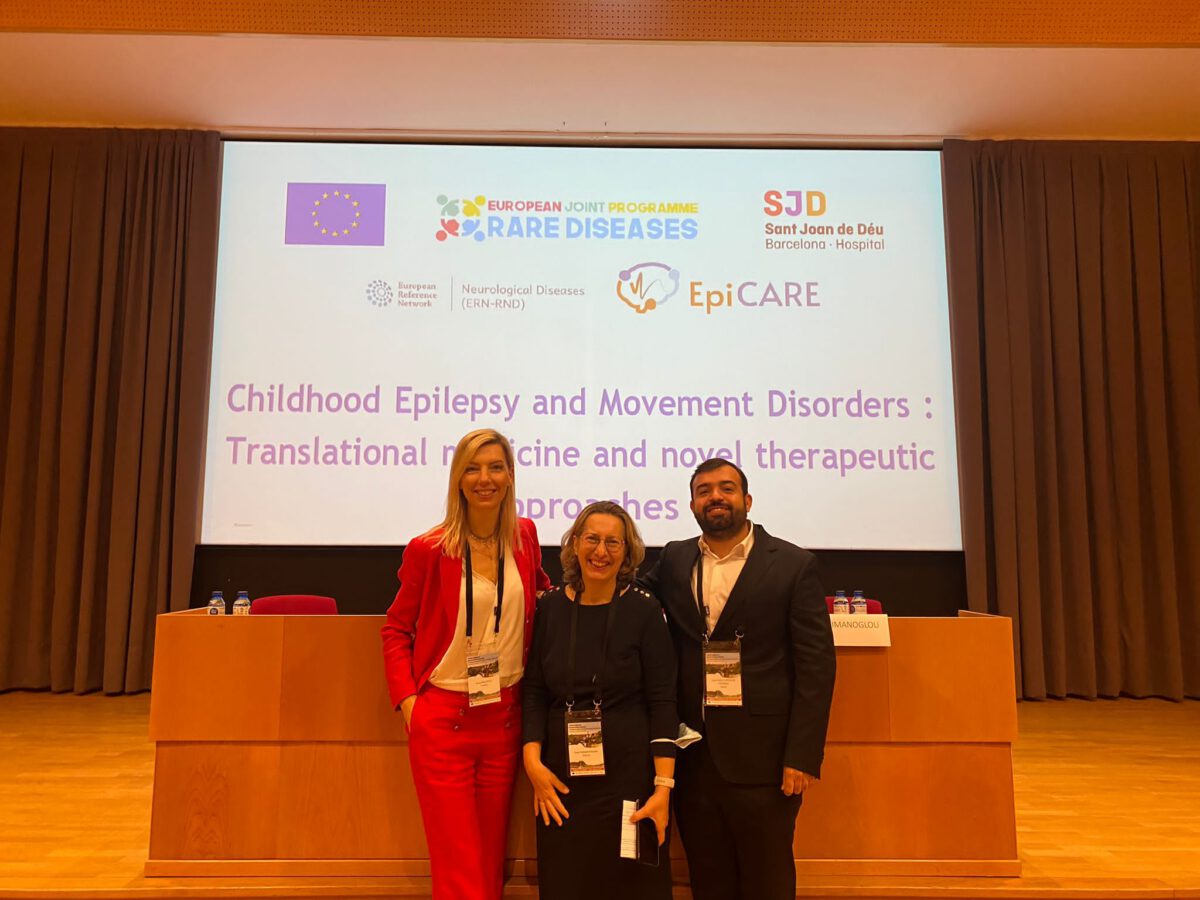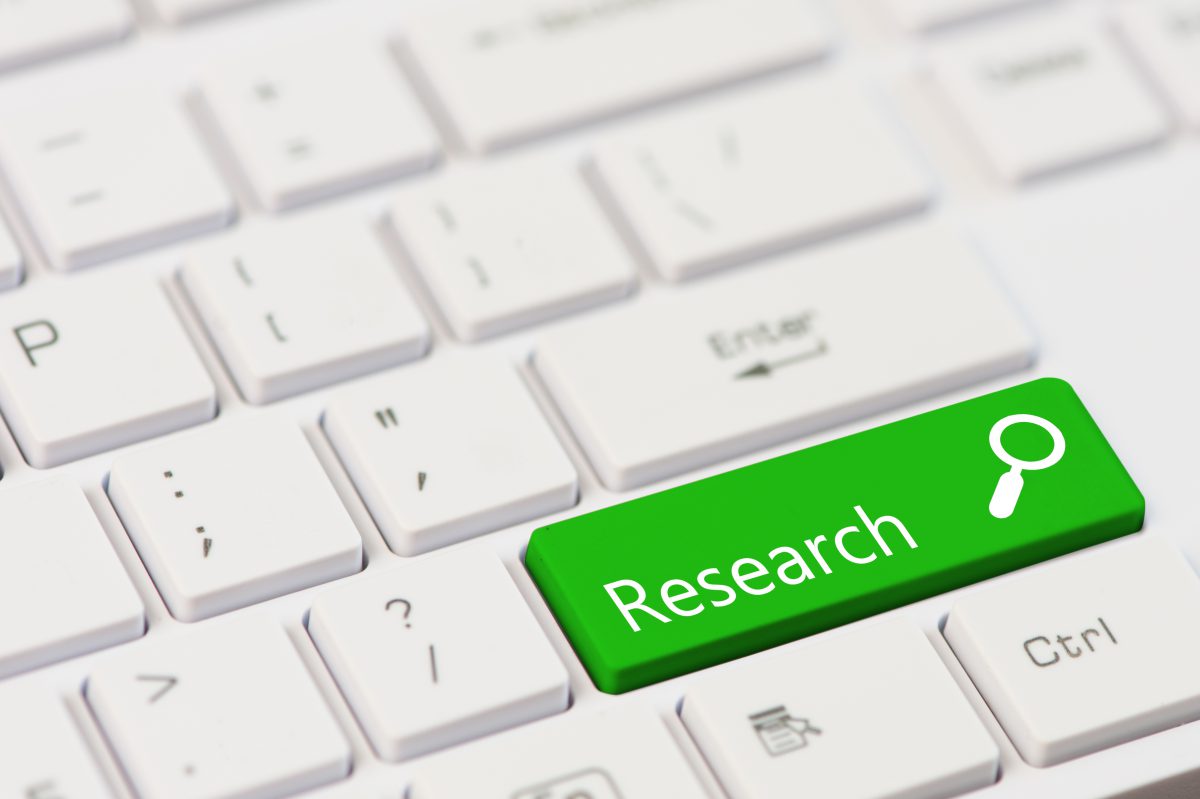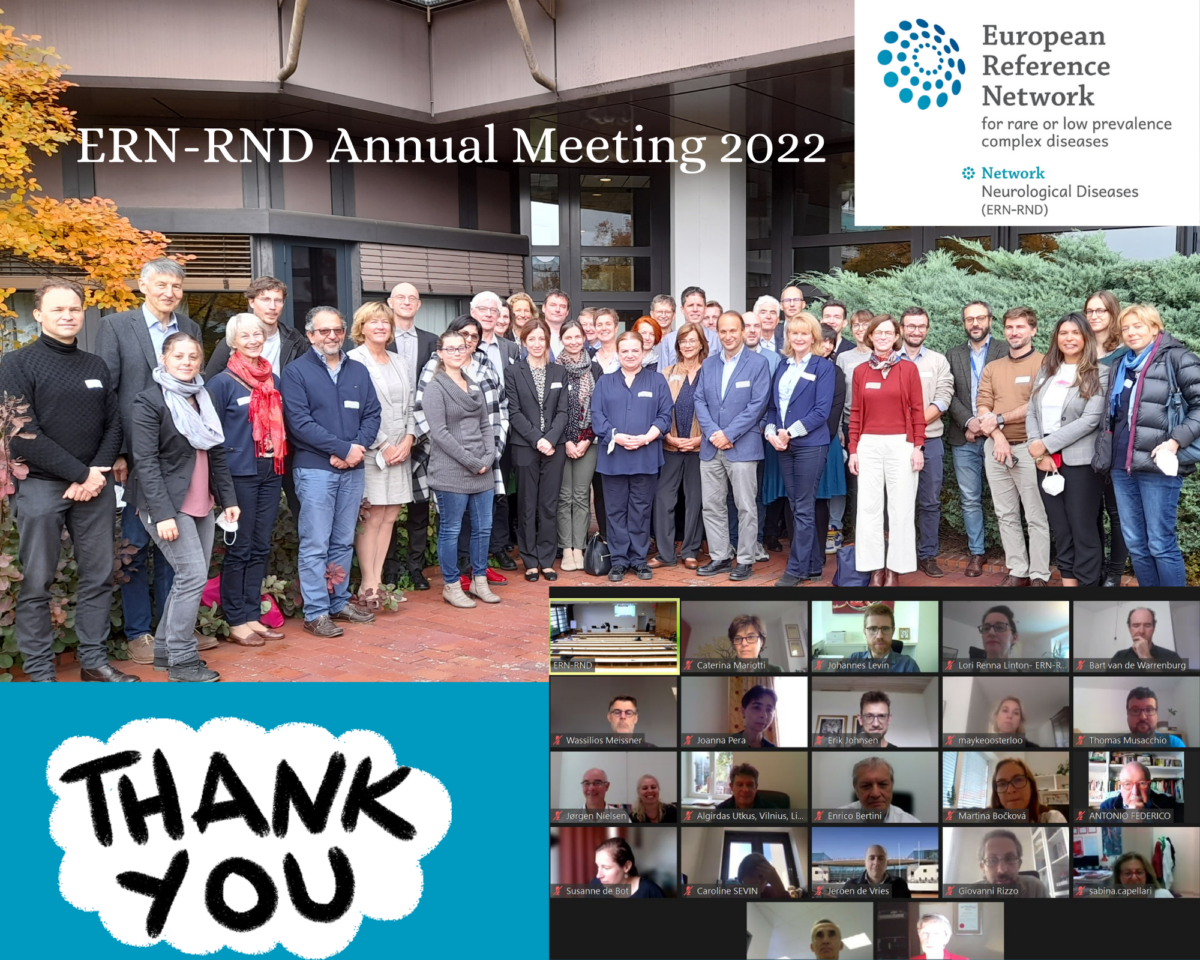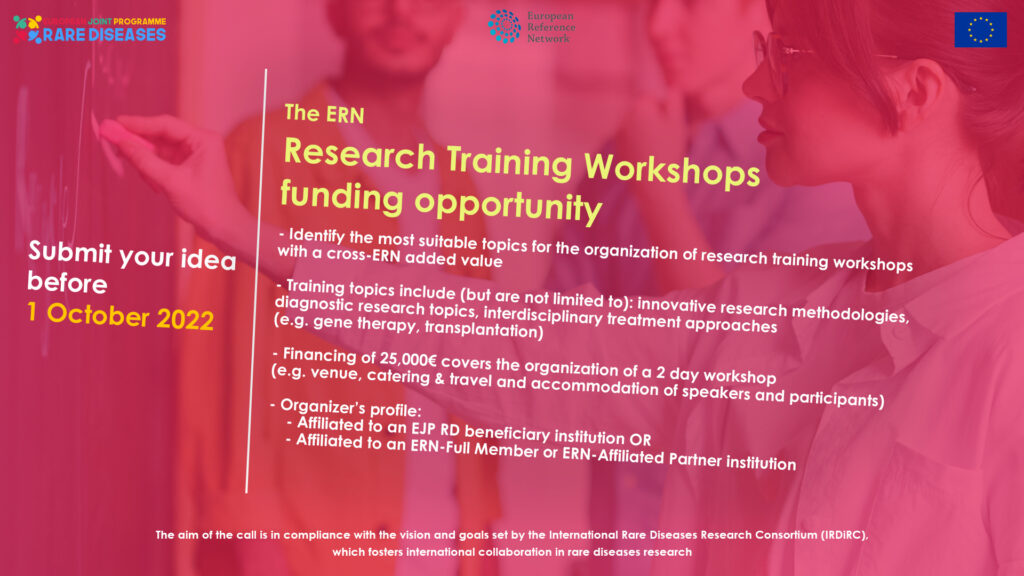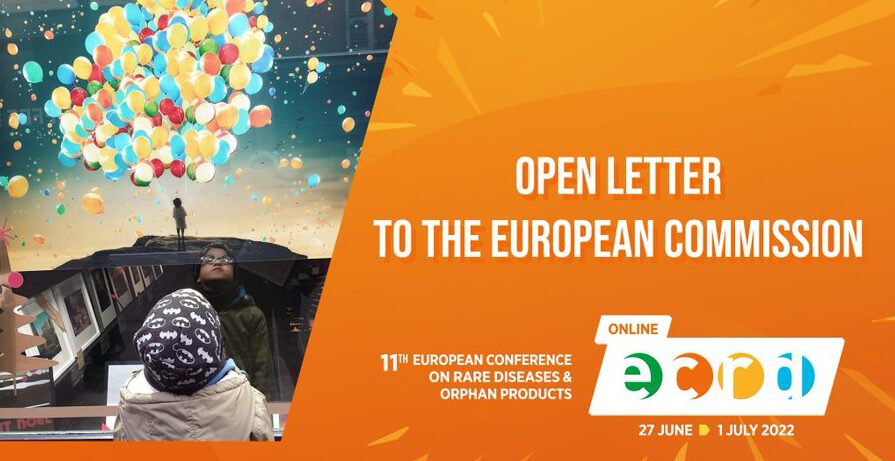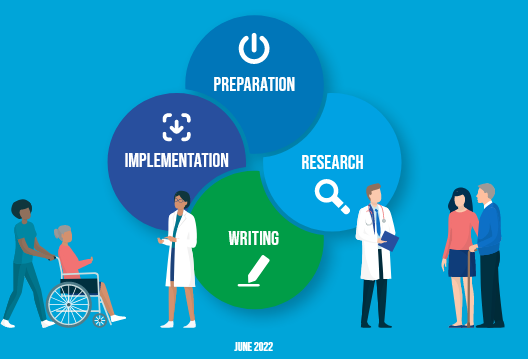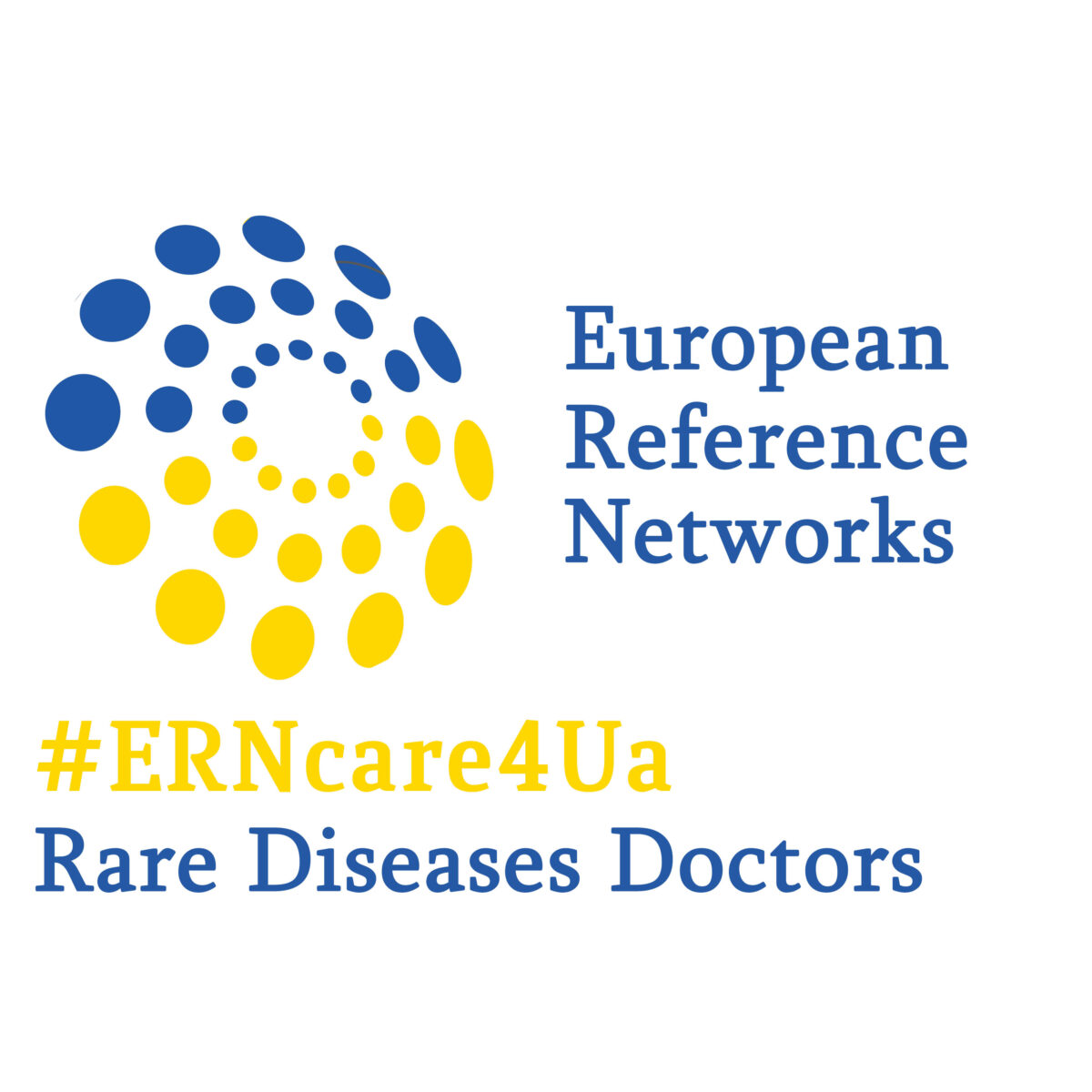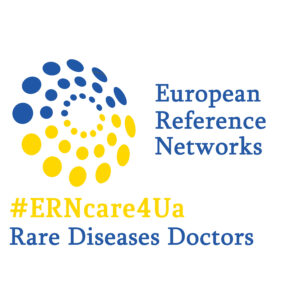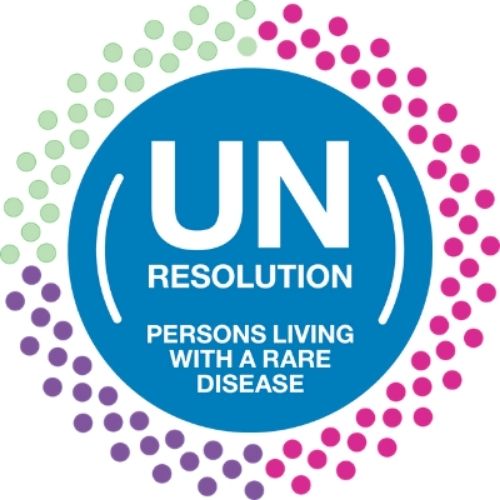Call for Proposals 2023
“Natural History Studies addressing unmet needs in Rare Diseases”
The European Joint Programme on Rare Diseases (EJP RD) has successfully implemented four Joint Transnational Calls since 2019 to further help in coordinating the research efforts of European, Associated and non-European countries in the field of rare diseases and implement the objectives of the International Rare Disease Research Consortium (IRDiRC). These actions are following the ten Joint Transnational Calls for rare diseases research projects launched previously by the ERA-Net E-Rare since 2006.
The aim of the call is to enable scientists in different countries to build an effective collaboration on a common interdisciplinary research project based on complementarities and sharing of expertise, with expected impact to use the results in the future for benefit of patients.
Topic: Natural History studies addressing unmet needs in Rare Diseases
The objective of this call is to conduct efficient, innovative and high-quality natural history studies which will facilitate understanding of the disease’s or group of disorders’ progression throughout the lifespan of a patient. The goal of these studies is to collect and analyze comprehensive patient data to define targets for future therapies, taking into consideration innovation, safety, and efficacy.
Find more information here: https://www.ejprarediseases.org/joint-transnational-call-2023/

